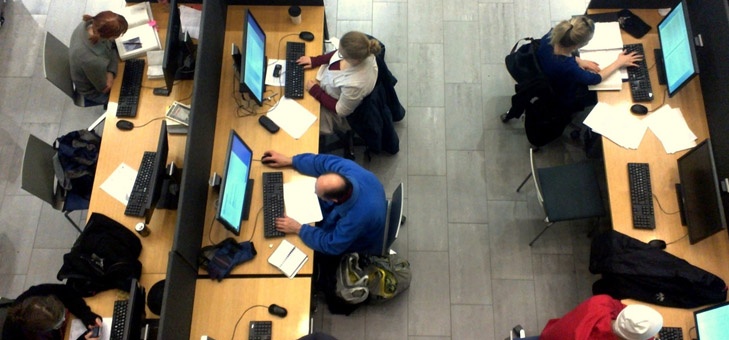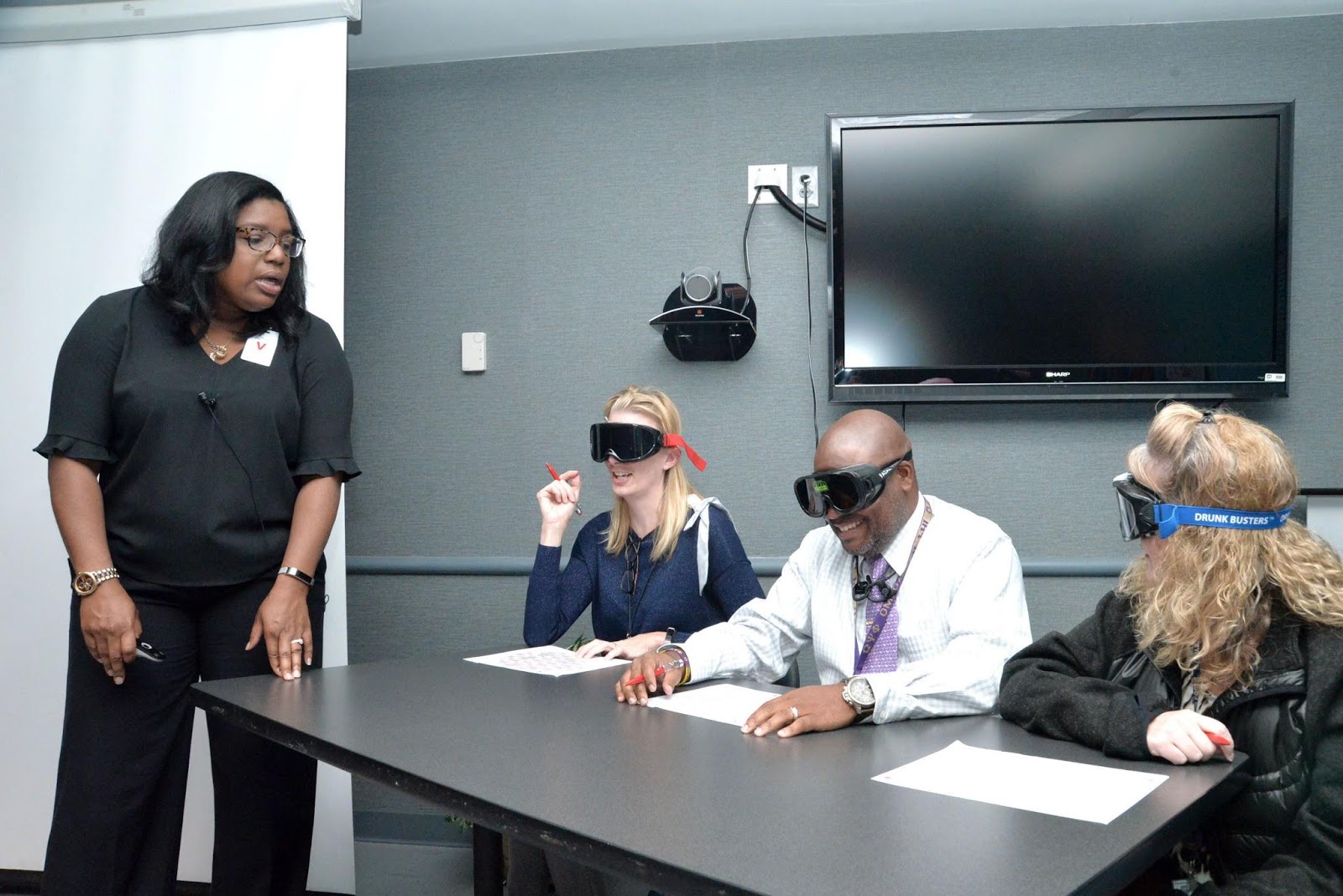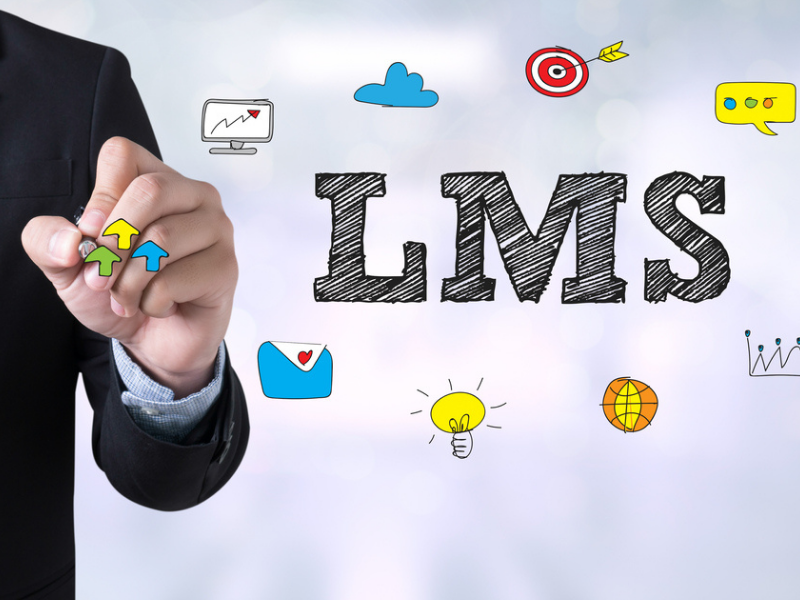When it comes to learning, the theories out there are dime a dozen. Since the days of Plato & Locke talking about behaviorism, cognitive constructivism and social constructivism to modern philosophies of transformative learning & neuroscience imprinting, the debate has been endless.
However, one point though on which all experts agree are the shared variables of learning patterns regardless of their degrees of influence; those being emotional, cognitive, and environmental influencers. Experience and “Instincts” have also been judged as additionally playing a role in the process.
How an LMS Helps Deliver Effective Training
Within the online learning industry, this is what a lot of content matter experts fail to realize. That even though they are arguably the subject expert experts, they are not necessarily “learning experts”.
Get help with your online course development >>
This is where modern technological solutions such as an LMS can help them implement an effective solution. LMS’s help non professional course developers (even when they are subject matter experts) to be able to deliver their training in an effective and scalable way that leaves an imprint on its partakers.
Scalability is a major element here as it’s nearly impossible to achieve the same quality and consistency of teaching and learning without the implementation of a modern LMS.
The processes of how learning is transferred, retained and implemented by individuals has been understood and mastered by the LMSt. Through creation of thousands of courses and millions of participating students, these solutions have become a part of the LMS and authoring tool instructional designs.
Consequently, any non professional course developer or subject matter expert can design courses in peace knowingly that the “art of learning” will be retained.
But one might ask, what exactly are these learning caveats that LMS’s have mastered and implemented in their designs? Well here are five of the major design elements that make the “art of learning” possible.
Engagement: Those days are gone when teaching only meant chalkboards, scribbles, illustrations, charts and so on. Nowadays, if a course fails to engage a user, then it fails completely. People learn when they are made to feel a part of a journey; when their participation and engagement is crucial in moving forward with the process. That’s why a solution must be able to engage a user by making them think and produce thoughtful responses, make decisions and solve problems; and that’s what LMS’s empower you to do. It doesn’t allow learners to sit on the backbenches and doze off.
Social Interactions: They say that man is a social animal; this has perhaps never been more true than when it comes to online learning. Participants learn best when they are part of a group that is able to share thoughts and opinions with each other and reflect collectively apart from their individual learning flows. The free flow of information and ideas amongst the participants is vital as this allows them to share experiences, stories, life lessons and skills with each other.
Micro over Macro: Teach a company to build a rocket and it will fail 9 out of 10 times. Break down the same assignment in 10,000 smaller tasks and teach them again, and they will succeed 9 out of 10 times. This is the importance of effective micro teaching. Content that is broken down into effective modules is the best way to propagate micro learning. In this new era of limited time and attention spans, it is necessary to design content that is easy to absorb and retain in bits and pieces.
Feedback: Participants need feedback to reinforce their thoughts and realign their approaches. In virtual classrooms, this is possible as the speed of constructive feedback is accelerated and the process becomes more transparent. Learners can immediately learn about their weaknesses and move on quickly. The systems are designed in such a way that most learners find it empowering.
Holistic Approach: Learning never happens in silos. The days when one could alienate oneself in a room and think about solutions for days hoping for a moment of enlightenment are over. This modern era of online learning demands a holistic approach; where thousands of pieces of data are interconnected and the knowledge available to you can be accessed anytime, anywhere. This is the holistic approach an LMS empowers the course developers with; the power to create holistic content able to produce a holistic understanding of topics.
The bottom line is that regardless of the nature and content of learning, the “art of learning” itself is best implemented by modern tools such as LMS’s which propagate active learning in a cost effective and scalable way by systematically integrating the major variables of learning into their design which non-professional course developers and subject matter experts can use to great effect.
Avoid Mistakes, Implement Effectively by Contacting Udutu for Help
Here at Udutu, we take great pride in helping our clients avoid mistakes and implement cost effective, undisruptive and engagement based learning solutions that actually make a difference. Contact us to help us help you make this transition.






